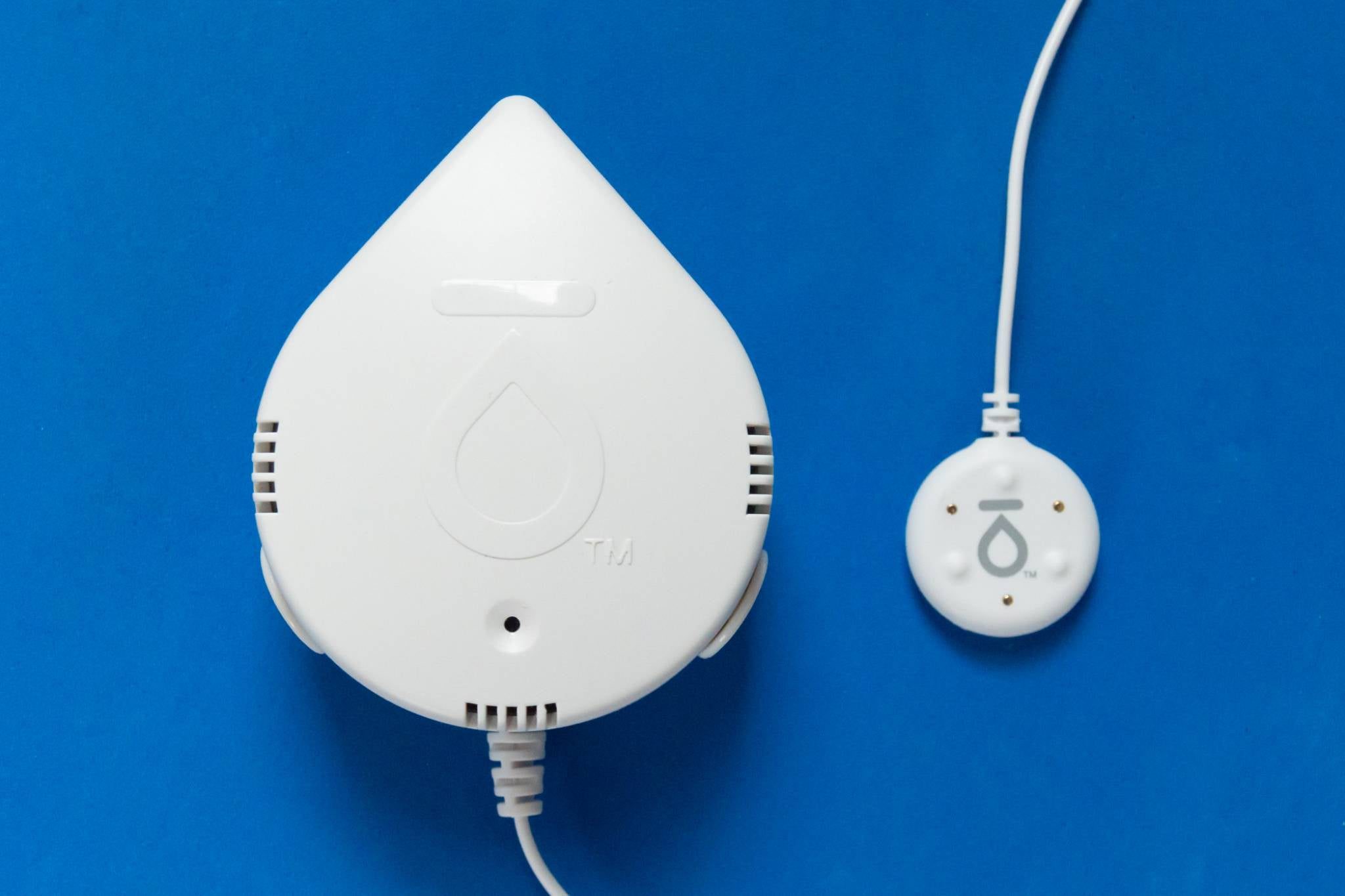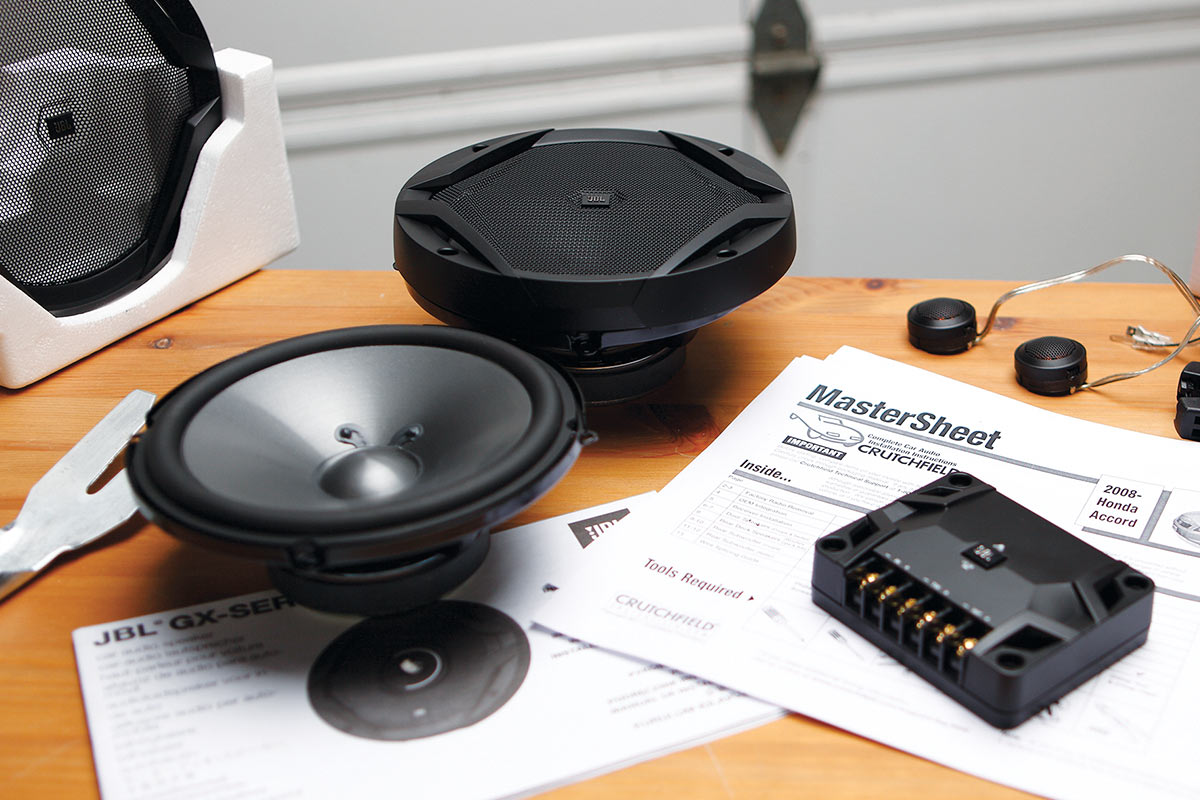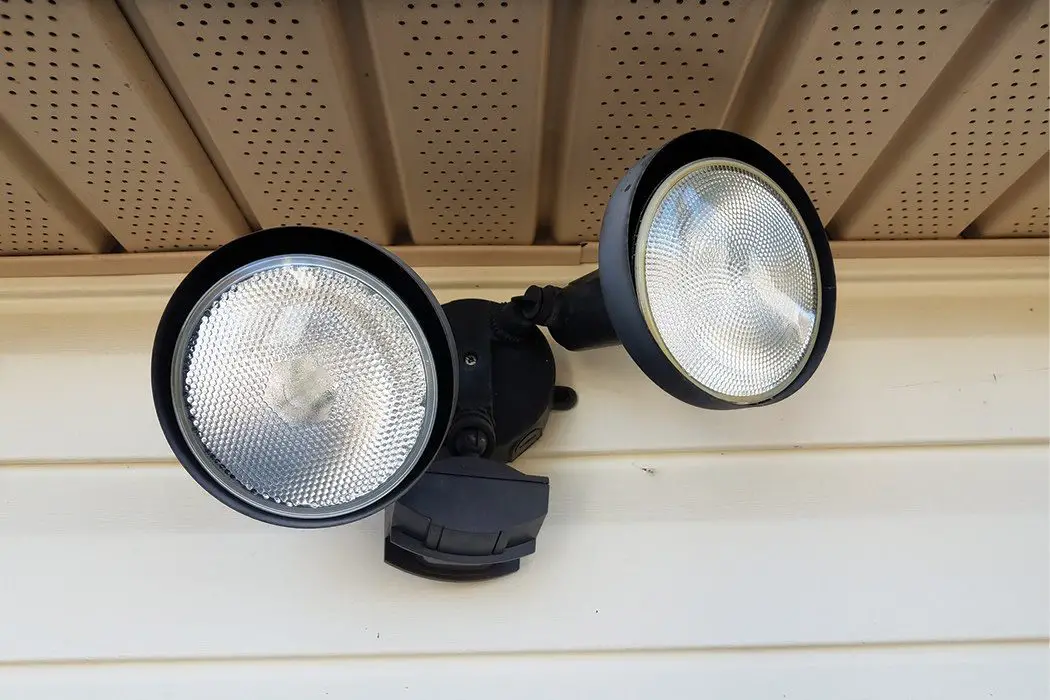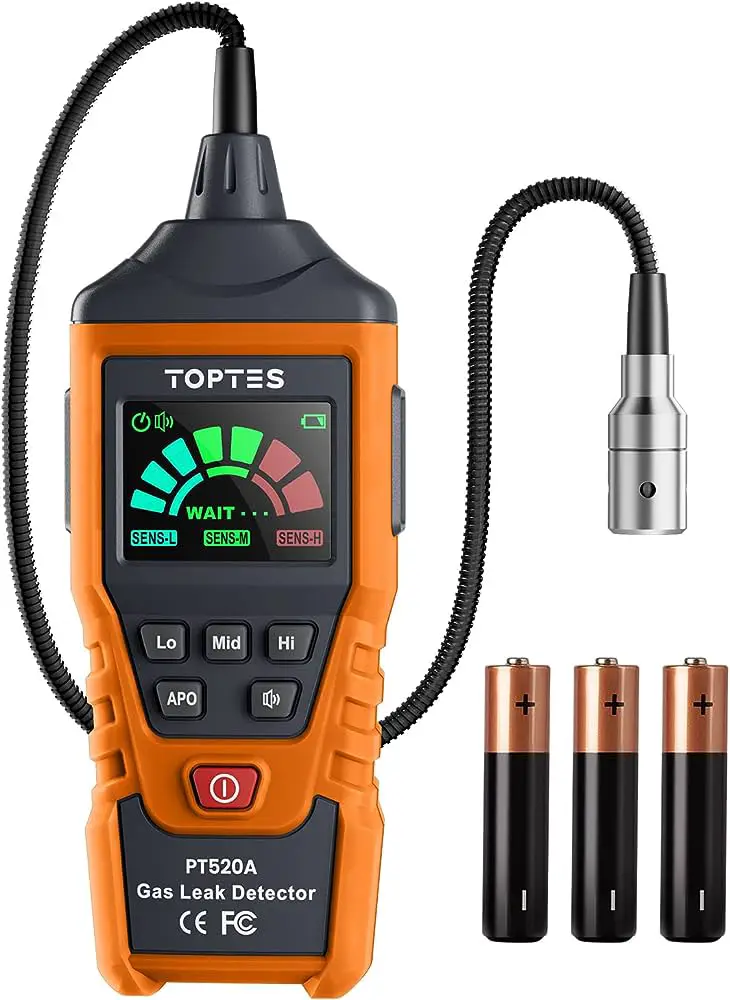How to Choose the Right Water Leak Detector: A Comprehensive Buying Guide

To choose the right water leak detector, consider factors such as accuracy, ease of use, and compatibility with your home’s plumbing system. Ensure the detector has a high level of sensitivity and can detect leaks in hard-to-reach areas.
Look for features such as audible alarms and smartphone notifications for instant alerts. Additionally, check if the detector is compatible with your smart home ecosystem or if it requires a separate hub for connectivity. Consider long-term costs such as battery life and maintenance requirements.
Avoid detectors with complex installation processes that may require professional assistance. Prioritize detectors with positive customer reviews and reliable warranties for peace of mind.
Factors To Consider
Choosing the right water leak detector requires careful consideration of factors such as accuracy, sensitivity, ease of installation, compatibility with existing systems, and budget. With these in mind, you can make an informed decision to protect your property from water damage.
When choosing the right water leak detector, there are several factors you need to consider. From price range and budget to the type of water leak detection and installation requirements, each factor plays a vital role in ensuring you select the most suitable detector for your needs.
Let’s explore these factors in more detail:
Price Range And Budget:
- Affordability: Determine your budget and look for water leak detectors that fall within your price range.
- Value for money: Choose a detector that offers good quality and features while still being cost-effective.
- Long-term costs: Consider ongoing expenses such as battery replacements or maintenance to ensure the detector remains within your budget in the long run.
Type Of Water Leak Detection:
- Sensor-based detectors: These detectors use sensors to detect moisture or changes in humidity levels, triggering an alarm when a leak is detected.
- Wi-Fi-enabled detectors: These detectors connect to your home’s Wi-Fi network and send alerts to your smartphone or other devices in real-time, providing greater convenience and access to information.
- Smart home integration: If you have a smart home system, look for detectors that can seamlessly integrate with it for enhanced automation and control.
Installation Requirements And Compatibility:
- Ease of installation: Consider whether the detector requires professional installation or if it can be easily installed on your own.
- Compatibility with existing systems: If you already have a home security or automation system, ensure the water leak detector can be integrated into the existing setup.
- Location flexibility: Some detectors are designed for specific areas such as basements, laundry rooms, or under sinks. Choose a detector that can be installed in the most relevant areas of your home.
By considering these factors, you can make an informed decision when selecting a water leak detector that fits your budget, offers the right type of detection, and is compatible with your installation requirements. Remember, investing in a reliable water leak detector can help prevent water damage and save you from costly repairs in the future.
Types Of Water Leak Detectors
Water leak detectors come in different types, including spot detectors, moisture sensors, and flow-based detectors. To choose the right water leak detector, consider factors like the detection method, sensitivity, installation ease, and connectivity options.
Water leak detection is an essential aspect of home maintenance that can save you from costly repairs and damage. With numerous options available in the market, choosing the right water leak detector can be overwhelming. To help you make an informed decision, let’s take a closer look at the different types of water leak detectors available:
Passive Leak Detection Systems:
- These systems are non-electric and rely on physical properties to detect water leaks.
- They typically consist of moisture sensors that trigger an alarm when in contact with water.
- Passive leak detectors are cost-effective and easy to install, making them a popular choice for homeowners.
- Some models come with reusable sensors that can be placed near potential leak sources like washing machines or water heaters.
Active Leak Detection Systems:
- Active leak detectors use various technologies to detect water leaks actively.
- They often incorporate sensors, valves, and water flow monitors to provide a comprehensive monitoring solution.
- These systems can automatically shut off the water supply upon detecting a leak, minimizing potential damage.
- Active leak detectors are commonly used in commercial buildings, but they are also suitable for residential use.
- Some models offer remote monitoring capabilities, allowing you to receive real-time alerts on your smartphone or computer.
Smart Leak Detection Systems:
- Smart leak detectors leverage advanced technology to offer a high level of accuracy and convenience.
- They use sensors, Wi-Fi connectivity, and smartphone applications to detect, monitor, and alert you about water leaks.
- Smart leak detectors can provide detailed information, such as the location and severity of the leak, helping you take prompt action.
- These systems often integrate with other smart home devices, allowing for seamless automation and control.
- Smart leak detectors are ideal for those who want enhanced monitoring capabilities and the ability to remotely manage their water supply.
By understanding the different types of water leak detectors available, you can choose the one that best fits your needs and budget. Whether you opt for a passive, active, or smart leak detection system, investing in reliable water leak detection can help protect your property and provide you with peace of mind.
Remember to consider factors like installation requirements, features, and maintenance when making your decision.
Key Features To Look For
Choosing the right water leak detector is crucial, and there are key features to consider. Look for detectors with high sensitivity, wireless connectivity, easy installation, battery backup, and compatibility with smart home systems. These features will ensure effective monitoring and early detection of water leaks in your home.
When choosing a water leak detector, there are several key features that you should consider to ensure you make the right choice. These features will determine the sensitivity, accuracy, alert system capabilities, and battery life of the detector. To help you in your decision-making process, here are the key features you should look for:
Sensitivity And Accuracy Levels:
- Sensitivity adjustment: Look for a water leak detector that allows you to adjust the sensitivity level. This is important because different areas may require different sensitivity levels. By having the ability to adjust the sensitivity, you can ensure that the detector will accurately identify leaks in various environments.
- High detection accuracy: Choose a water leak detector that offers high detection accuracy. This means that it can distinguish between actual water leaks and other sources of moisture that may trigger false alarms. High detection accuracy will save you time and unnecessary repairs.
Alert System Capabilities:
- Audible alarms: Opt for a water leak detector that comes with audible alarms. These alarms will sound off when a water leak is detected, immediately alerting you to the issue. Make sure the alarms are loud enough to be heard from a distance, ensuring timely response and minimizing any potential damage caused by leaks.
- Mobile notifications: Consider a water leak detector that can send mobile notifications to your smartphone or tablet. This feature is especially useful when you are away from home or in a different part of the house. Mobile notifications allow you to promptly address the situation even if you’re not within earshot of the audible alarms.
Battery Life And Power Source Options:
- Long battery life: Look for a water leak detector that offers a long battery life. This will ensure that the detector remains operational for an extended period without needing frequent battery replacements. A longer battery life also adds convenience and reliability to the overall functionality.
- Power source options: Consider whether the water leak detector runs on batteries or is powered by an external power source. Battery-powered detectors are portable and can be placed anywhere, but they require regular battery changes. On the other hand, detectors with external power sources are more permanent but provide continuous operation without the need for battery replacements.
Remember, by considering these key features – sensitivity and accuracy levels, alert system capabilities, and battery life and power source options – you can choose the right water leak detector that best fits your needs. Keep in mind your specific requirements and the environment where you plan to use the detector to ensure effective water leak detection and prevention.
Understanding Water Leak Detection Technologies
Water leak detection technologies play a crucial role in preventing costly damages. When choosing the right water leak detector, consider factors like accuracy, ease of use, and compatibility with your existing plumbing system.
Water leaks can cause significant damage to both residential and commercial properties. Detecting these leaks early on is crucial to preventing costly repairs and minimizing water wastage. Fortunately, there are various water leak detection technologies available that can help identify and locate leaks quickly and efficiently.
Here are three commonly used technologies:
Water Sensors And Probes
- Water sensors and probes are simple yet effective devices that detect the presence of water in the surrounding area.
- These sensors are typically placed in areas prone to water leaks, such as near pipes, appliances, or in basements.
- When water is detected, the sensors send a signal to an alarm system or a mobile app, alerting you to the potential leak.
- Water sensors and probes are affordable, easy to install, and can provide an early warning system for potential leaks.
Flow-Based Detection Systems
- Flow-based detection systems monitor the flow of water through pipes and detect any irregularities that may indicate a leak.
- These systems use ultrasonic or electromagnetic sensors to measure the volume and velocity of water passing through the pipes.
- If there is a sudden change or deviation in the water flow pattern, the system will trigger an alert, indicating a possible leak.
- Flow-based detection systems are particularly useful for detecting hidden leaks in areas where water is constantly flowing, such as irrigation systems or supply lines.
Moisture And Humidity Sensors
- Moisture and humidity sensors are designed to detect excess moisture in the air or on surfaces, which can be a sign of water leaks or high humidity levels.
- These sensors use advanced technology, such as capacitance or resistance, to measure the moisture content.
- When abnormal moisture levels are detected, the sensors send notifications or alerts to a central monitoring system or a mobile app.
- Moisture and humidity sensors are commonly used in areas prone to water damage, such as bathrooms, kitchens, and basements.
By understanding the different water leak detection technologies available, you can make an informed decision about which type of system is best suited to your needs. Whether you opt for water sensors and probes, flow-based detection systems, or moisture and humidity sensors, investing in a reliable water leak detection system is essential for protecting your property and preventing any potential damage caused by water leaks.
Installation And Setup Process
Choosing the right water leak detector is crucial for a hassle-free installation and setup process. With careful consideration of features, accuracy, and ease of use, you can ensure effective leak detection and prevention in your home or property.
Diy Installation Options
- There are several DIY installation options available for water leak detectors, allowing homeowners to set up the device themselves. These options include:
- Plug-and-play sensors: These sensors are simply plugged into an electrical outlet and placed near potential water leak sources.
- Wi-Fi-enabled detectors: These detectors connect to your home’s Wi-Fi network and can be easily installed using a mobile app.
- Sensor tape or cables: Sensor tape or cables can be attached along water pipes or placed in areas prone to leaks. They detect changes in moisture levels and alert you to potential leaks.
- Standalone detectors: These standalone devices can be placed on the floor or mounted on walls. They use sensors to detect water leaks and usually come with an alarm or notification feature.
Professional Installation Services
- If you prefer a hassle-free and professionally installed water leak detection system, there are professional services available. These services offer expert installation, ensuring that your system functions optimally. Some benefits of professional installation services include:
- Customized solutions: Professionals can assess your home’s specific needs and recommend the best water leak detection system for you.
- Guarantee of proper installation: Experts ensure that the sensors and devices are installed correctly, reducing the risk of false alarms or missed detections.
- Integration with existing systems: If you have a home security system or smart home devices, professionals can integrate the water leak detection system seamlessly.
- Peace of mind: With professional installation, you can rely on the expertise of trained technicians, giving you peace of mind that your system is functioning properly.
Compatible Devices And Systems
- When choosing a water leak detector, it is important to consider its compatibility with other devices and systems. Here are the key points to consider:
- Smart home integration: Look for a water leak detection system that can integrate with your existing smart home devices, such as voice assistants or home security systems.
- Mobile app compatibility: Check if the detector’s mobile app is compatible with your smartphone or tablet operating system for easy monitoring and control.
- Multi-room coverage: If you have a large house or multiple rooms that require monitoring, ensure that the detector can cover all areas effectively.
- Additional sensors: Some water leak detection systems offer additional sensors for detecting other issues like humidity, temperature changes, or frozen pipes. Consider these if you have specific needs.
- Connectivity options: Determine if the detector requires a Wi-Fi connection or if it can operate using other connectivity options like cellular networks or Zigbee.
Remember, when choosing a water leak detector, consider your specific needs, installation options, professional services availability, and compatibility with other devices or systems. Taking these factors into account will help you choose the right water leak detector for your home.
Integrating Water Leak Detection With Smart Home Systems
Integrate water leak detection seamlessly with smart home systems by choosing the right water leak detector for your needs. Opt for a device that offers accurate and real-time alerts, easy installation, compatibility with your existing smart home system, and the ability to connect with mobile apps for convenient monitoring and control.
Compatibility With Popular Smart Home Platforms
- The first thing to consider when choosing a water leak detector is its compatibility with popular smart home platforms. This feature allows you to integrate the detector seamlessly with your existing smart home system, making it even more convenient and efficient.
- Look for a detector that is compatible with platforms like Google Home, Amazon Alexa, or Apple HomeKit, as these are some of the most widely used systems. This compatibility ensures that you can easily control and monitor the detector using voice commands or through the smart home app.
Wireless Connectivity And Monitoring Options
- Another aspect to focus on is the wireless connectivity and monitoring options offered by the water leak detector. Opt for a detector that can connect wirelessly to your smart home system, eliminating the need for cumbersome wiring installations.
- Consider detectors that provide real-time monitoring of water leaks and send alerts directly to your smartphone or smart home hub. This way, you can stay informed about any potential leaks, even when you’re away from home.
Remote Access And Control Features
- Remote access and control features are essential when it comes to water leak detectors. Look for a detector that allows you to remotely access and control it from anywhere, using your smartphone or smart home app.
- With remote access, you can check the status of the detector, receive alerts, and even turn it on or off when necessary. This feature adds convenience and peace of mind, especially if you travel frequently or have multiple properties to monitor.
Maintenance And Troubleshooting Tips
Learn how to choose the perfect water leak detector with these maintenance and troubleshooting tips. Ensure your home is protected from potential water damage with the right device.
Regular Testing And Calibration
- Regular testing and calibration ensure the accuracy and effectiveness of your water leak detector. Here are some tips to follow:
- Perform a test run at least once a month to ensure that the sensor is functioning properly.
- Follow the manufacturer’s instructions on how to calibrate the device and make any necessary adjustments.
- Check for any signs of wear and tear on the device and replace any damaged parts.
- Keep a record of each test and calibration to track the performance of the detector over time.
Battery Replacement And Sensor Cleaning
- To keep your water leak detector in top shape, it’s important to regularly replace the batteries and clean the sensors. Here’s what you need to know:
- Replace the batteries according to the manufacturer’s recommendations or when the low battery indicator activates.
- Clean the sensors by gently wiping them with a soft cloth or using a recommended cleaning solution.
- Avoid using harsh chemicals or abrasive materials that could damage the sensors.
- Regularly check the battery compartment for any signs of corrosion and clean it if necessary.
Common Issues And Solutions
- Despite regular maintenance, water leak detectors may encounter common issues. Here are some troubleshooting tips for the most common problems:
- False alarms: If your detector frequently triggers false alarms, check for any sources of interference such as electrical appliances or high humidity levels. Adjust the placement of the detector accordingly.
- Inconsistent readings: If you’re getting inconsistent or inaccurate readings, ensure that the sensors are clean and properly calibrated. Consider relocating the detector to a different area for more reliable results.
- Malfunctioning sensor: If a sensor appears to be malfunctioning, contact the manufacturer for troubleshooting advice or arrange a replacement if necessary.
- Connectivity issues: If your water leak detector is connected to a smart home system, ensure that it is properly paired with the hub and that your network connection is stable. Troubleshoot any connectivity problems following the manufacturer’s instructions.
Remember, regular testing and calibration, battery replacement, and sensor cleaning are essential for the efficient operation of your water leak detector. By following these maintenance and troubleshooting tips, you can ensure that your detector continues to protect your home from potential water damage.
Reviews Of Top Water Leak Detectors
Discover the best water leak detectors with our top-rated reviews. Learn how to choose the right one for your needs and protect your home from potential water damage.
Water leak detectors are essential tools for homeowners and businesses alike to prevent serious damage caused by leaks. With so many options available in the market, it can be overwhelming to choose the right one for your needs. To help you with your decision, we have reviewed the top water leak detectors from three popular brands: Brand A, Brand B, and Brand C.
Each of these models offers unique features and benefits, ensuring that you can find the perfect detector to safeguard your property from potential water damage.
Brand A – Model X
- Remote Monitoring: Model X from Brand A allows you to monitor your property for leaks from anywhere, thanks to its advanced remote monitoring system.
- Smartphone Alerts: With this detector, you will receive immediate notifications on your smartphone, ensuring that you can take prompt action to mitigate any potential water damage.
- Multiple Sensor Placement: Model X offers the flexibility to place multiple sensors throughout your property, enabling you to cover a larger area and detect leaks early on.
- Easy Installation: Installing Model X is a breeze, as it comes with a user-friendly interface and detailed instructions for a hassle-free setup process.
Brand B – Model Y
- Automatic Shut-Off Valve: Model Y from Brand B takes leak detection to the next level with its automatic shut-off valve feature. In the event of a leak, the valve will promptly cut off the water supply, preventing further damage.
- High Sensitivity Sensors: This detector is equipped with highly sensitive sensors that can detect even the smallest leaks, ensuring that no potential issue goes unnoticed.
- Smart Integration: Model Y seamlessly integrates with popular smart home platforms, allowing you to control and monitor your water supply from your existing smart devices.
- Battery Backup: In the event of a power outage, Model Y’s battery backup ensures uninterrupted monitoring and protection.
Brand C – Model Z
- Continuous Monitoring: Model Z from Brand C offers round-the-clock monitoring, providing you with peace of mind knowing that your property is constantly safeguarded against leaks.
- Leak History: This detector keeps a record of past leaks, allowing you to analyze patterns and take preventive measures accordingly.
- Waterproof Design: Model Z is designed to withstand wet environments, making it a suitable choice for basements, bathrooms, and areas prone to water leaks.
- Audible Alarms: Featuring loud audible alarms, Model Z ensures that you are immediately alerted to any potential leaks, even if you are not actively monitoring your devices.
Choosing the right water leak detector is crucial in protecting your property from costly water damage. By considering the features and benefits offered by Brand A’s Model X, Brand B’s Model Y, and Brand C’s Model Z, you can make an informed decision that meets your specific needs and provides you with peace of mind.
Stay proactive and invest in a reliable water leak detector to ensure the safety of your home or business.

Credit: www.crutchfield.com
Frequently Asked Questions On How To Choose The Right Water Leak Detector
What Is The Best Plumbing Leak Detector?
The best plumbing leak detector is one that is reliable, accurate, and easy to use.
What Is The Best Leak Detection Equipment?
The best leak detection equipment is reliable, accurate and efficient in locating and identifying leaks.
What Are The Different Types Of Water Leak Detectors?
There are different types of water leak detectors: spot detectors, flow-based detectors, and moisture sensor detectors.
Are Water Leak Detectors Worth It?
Water leak detectors are a worthwhile investment as they can help identify leaks early on.
Conclusion
Choosing the right water leak detector is crucial for maintaining a safe and sustainable environment in our homes or businesses. By considering factors such as the type of detector, its features, ease of use, and pricing, we can make an informed decision.
It is important to choose a detector that meets our specific needs and requirements, whether it be a basic model for residential use or a more advanced one for commercial purposes. Regular maintenance and monitoring of the detector can also help ensure its effectiveness and accuracy in detecting leaks.
Ultimately, investing in a high-quality water leak detector can save us from costly repairs and damages caused by undetected leaks. So, take the time to research and compare different options, and choose a detector that gives you peace of mind and protects your property.





